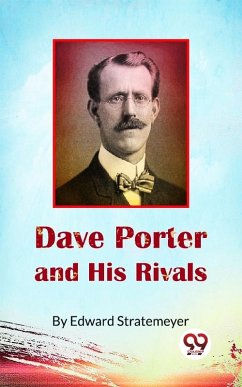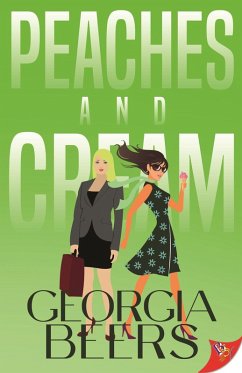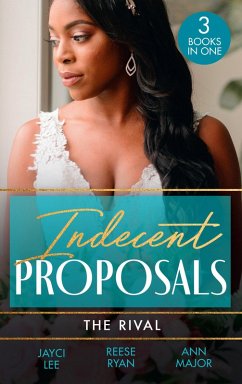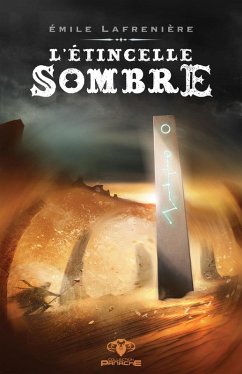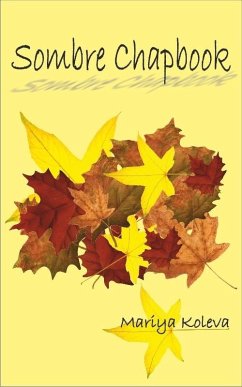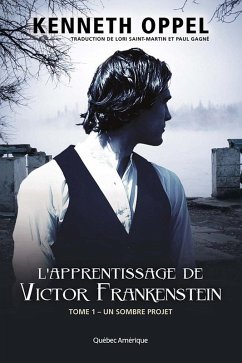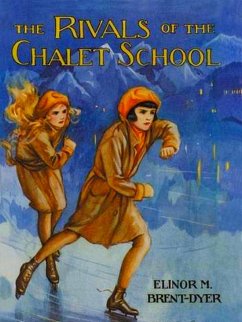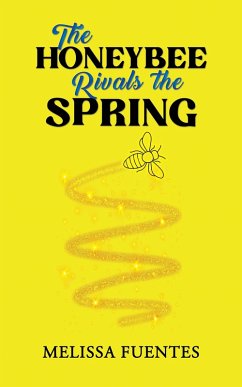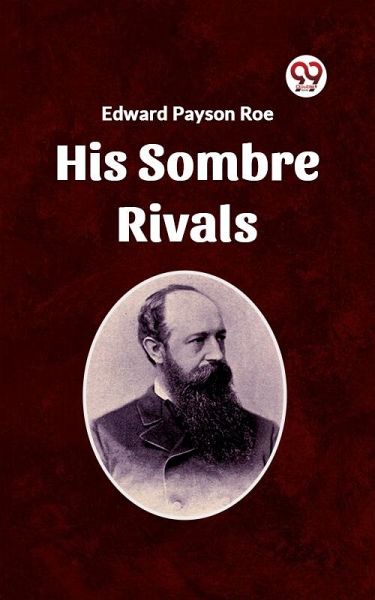
His Sombre Rivals (eBook, ePUB)

PAYBACK Punkte
0 °P sammeln!
"e;His Sombre Rivals"e; by Edward Payson Roe is a captivating historical fiction novel that transports readers to 19th century America, depicting the complexities of small-town life amidst romantic rivalry and social conflict. Set against the backdrop of Vict
Dieser Download kann aus rechtlichen Gründen nur mit Rechnungsadresse in A, B, BG, CY, CZ, D, DK, EW, E, FIN, F, GR, HR, H, IRL, I, LT, L, LR, M, NL, PL, P, R, S, SLO, SK ausgeliefert werden.




